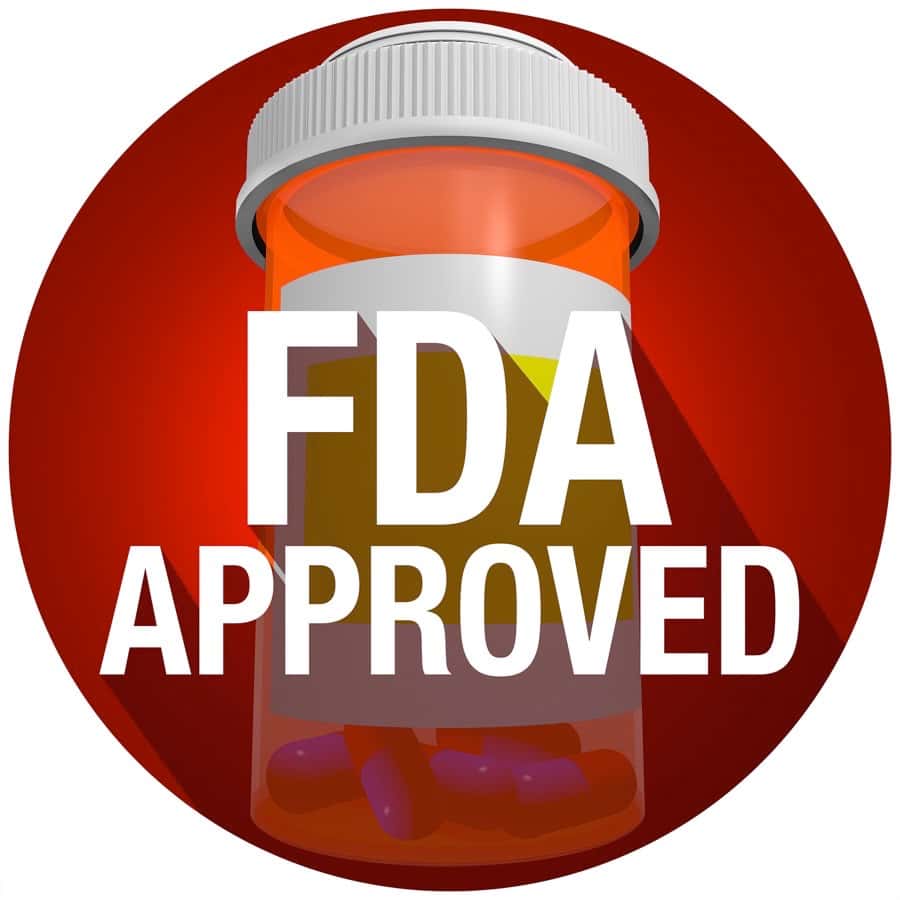
Dr. Scott Gottlieb is the Commissioner of the Food and Drug Administration. That means he is the top cop when it comes to all our medications. Dr. Gottlieb stirred up a lot of excitement on Valentine’s Day. He sent out what he probably thought was a cute little Tweet:
“Some pills are red,
“Some pills are blue,
“All are safe and effective,
“If they undergo FDA review.”
The implication of this message seems to be that if the FDA reviews and approves a medication, you can rest easy. The FDA Commissioner assures you that it is “safe and effective.”
Drug Safety Tweet Aggravates Patients:
Hundreds of people responded to this message. One noted that defining “safe and effective” can be complicated. We couldn’t agree more.
The Merriam-Webster dictionary defines safe as:
“1: free from harm or risk
“2a: secure from threat of danger, harm, or loss
“3: affording safety or security from danger, risk, or difficulty
“5a: not threatening danger: HARMLESS”
FDA Approval Does NOT = Safety!
The FDA routinely approves drugs that can cause death as a possible side effect. All you have to do is close your eyes and listen to the commercials on television to confirm that FDA-approved drugs can lead to life-threatening consequences such as kidney failure, cancer, coma or stroke.
The Humira (Adalimumab) Example:
You have no doubt seen a Humira commercial on TV. It is advertised to treat ulcerative colitis (UC), Crohn’s disease, psoriasis, psoriatic arthritis and rheumatoid arthritis.
According to The Motley Fool (Dec. 18, 2017):
“Humira has been the best-selling drug in the world for years. AbbVie is on course to make well over $18 billion from the autoimmune-disease drug this year.”
If you watch one of the Humira commercials, you will hear the announcer say:
“Humira can lower your ability to fight infections including tuberculosis. Serious, sometimes fatal infections and cancers, including lymphoma, have happened, as have blood, liver and nervous system problems, serious allergic reactions and new or worsening heart failure…”
You can watch one of the many Humira commercials at this link.
By the way, heart failure can also be fatal.
Does Humira fit the definition of safe? If you apply the Merriam-Webster phrase, “free from harm or risk,” we do not see how the FDA can say the drug is safe unless, of course, the agency has a very different definition of drug safety that only applies to medications and includes death as a possibility.
FDA-Approved Drugs That Have Been Recalled:
Baycol (cerivastatin):
Another Tweet in response to the Commissioner’s Valentine poem offers a list of drugs that were approved by the FDA and later recalled. They include cerivastatin (Baycol), a cholesterol-lowering statin that caused severe muscle breakdown, kidney failure and deaths. It took three years for the FDA to recognize the danger and get the drug off the market.
Bextra (valdecoxib) and Vioxx (rofecoxib):
Valdecoxib (Bextra) and rofecoxib (Vioxx) were anti-inflammatory pain relievers. They were on the market for years before the FDA realized that these drugs were associated with heart attacks and strokes.
DES (diethylstilbestrol):
Diethylstilbestrol (DES) was approved by the FDA in 1940 to prevent miscarriages and premature labor. Not only was it ineffective, DES caused countless cases of reproductive cancers in young women exposed in utero. Even though the drug was taken off the market in 1971, grandchildren of the women who took it may still be at risk for reproductive tract anomalies.
Meridia (sibutramine):
Sibutramine (Meridia) was approved for weight loss in 1997. Although warning signals cropped up early in the 21st century, FDA had it removed in 2010 for increasing the risk of heart attacks and strokes.
There is no need to continue this list. Suffice it to say, FDA review does not guarantee drug safety. Even effectiveness is not as obvious as Dr. Gottlieb implied.
Does FDA Approval = Effectiveness?
The English Oxford Living Dictionaries define “effective” as:
“1: Successful in producing a desired or intended result.”
Merriam-Webster defines effective as:
“1a: producing a decided, decisive, or desired effect”
We suspect that many people believe that FDA approval means that most people will experience a “decisive or desired” result from a prescribed medicine. That is not what the FDA means, though.
Antidepressant Effectiveness?
Take antidepressants, for example. There are millions of prescriptions written each year for drugs like fluoxetine, paroxetine and sertraline. There is no doubt that some people with severe depression benefit from such medications.
Most of these antidepressants, however, are taken by people with mild to moderate depression. One meta-analysis concluded that depressed patients with mild or moderate symptoms got little or no benefit beyond placebo. (JAMA, Jan. 6, 2010).
The Lipitor (Atorvastatin) Asterisk:
Many drugs deemed effective by the FDA are just a little better than placebo. This is not always clear in marketing materials unless you read the fine print.
Lipitor was advertised as reducing the risk of heart attack by 36 percent in high-risk patients.
This was decorated with an asterisk signaling the fine print:
“That means in a large clinical study, 3 percent of patients taking a sugar pill or placebo had a heart attack compared to 2 percent of patients taking Lipitor.”
In other words, one person out of 100 taking Lipitor avoided a heart attack compared to placebo. One could also flip the coin and say that 99 people out of 100 did not benefit from Lipitor.
No wonder so many people objected to Dr. Gottlieb’s over-simplistic Tweet that all FDA approved drugs are “safe and effective.”
What’s Your Definition of Drug Safety?
Do you think the FDA Commissioner’s Valentine Tweet was sweet? Do you think most health professionals understand the FDA’s “definitions” of drug safety and effectiveness? Please add your thoughts in the comment section below. Here again is Dr. Gottlieb’s Tweet for your consideration:
“Some pills are red,
“Some pills are blue,
“All are safe and effective,
“If they undergo FDA review.”

